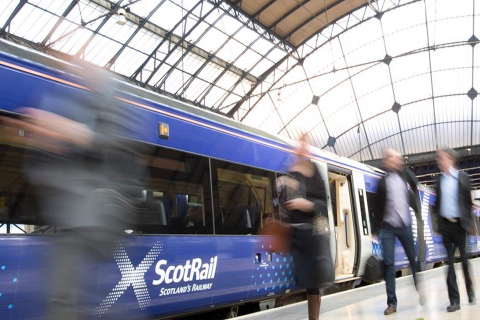UK HS2 north of Birmingham delayed for years

Sources close to the British high speed rail project HS2 have said that the project is to be delayed in an effort to cut spiralling costs. Only the section between London and Birmingham is to go ahead as planned, with an opening sometime late in this decade. However, the sections north of Birmingham – to connect the line with Manchester and a link directly on to the West Coast Main Line at a point near Crewe – could be delayed indefinitely in an effort to rein in costs.
Want to read more?
You have read all of your free premium articles for this month. Please become a subscriber to keep reading.
Subscribe now!
Take advantage of our exclusive offer to get full access to all premium content.





Sounds like another example of plannung without consideration of costs. China is building high speed rail at a fraction of these costs.
The north-of-Birmingham sections should be completely redesigned with a focus on construction costs, meaning less tunnels, sacrificing some aspects of landscape and maximum speed instead. If there would be some hill or other obstacle, circumventing it with a design speed of 100 mph may be better than having no new line at all.
Derby-Sheffield-Leeds is important.